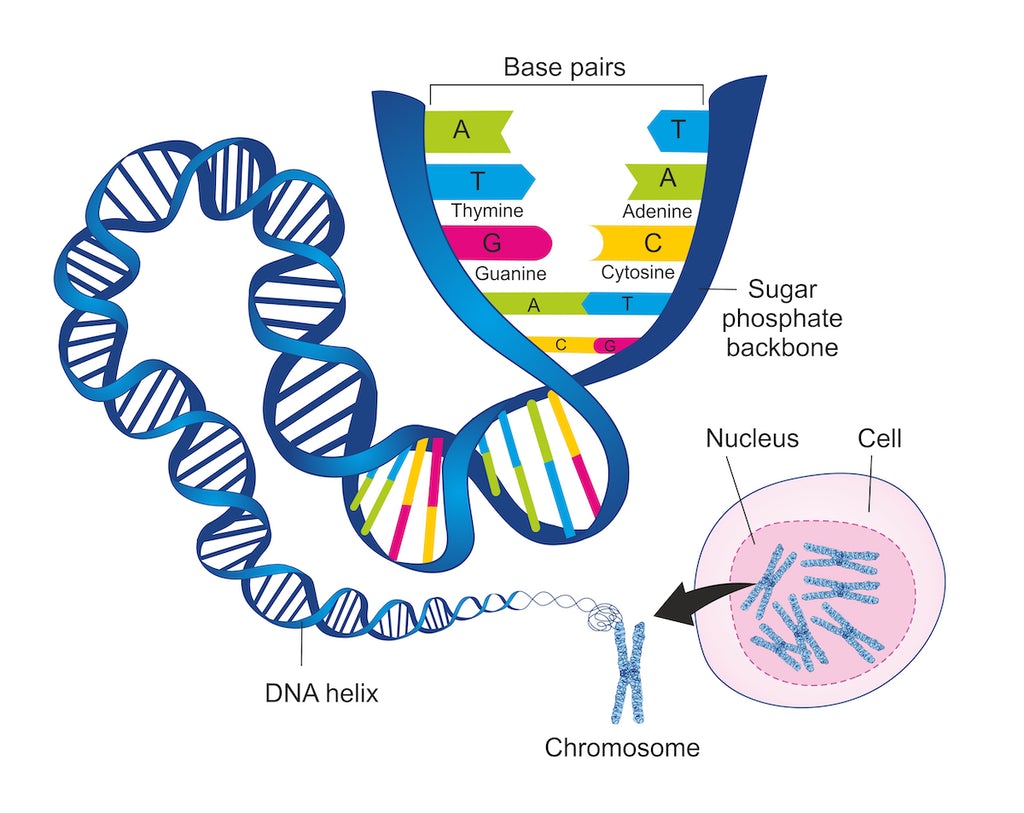Basepaws recently updated its flagship Breed + Health Cat DNA test to screen for 25 genetic traits that are represented by 50 genetic markers. In a new section of the upgraded Basepaws digital report, pet parents can now learn about the genetic markers that may play a role in determining their cat’s likely blood type.
The Genetics of Feline Blood Types
DNA consists of two chains of nucleotides, and every nucleotide can be one of four bases (adenine, guanine, thymine, or cytosine, also known as A, G, T, and C, respectively). A genetic marker is a specific segment of DNA with a known physical location on a chromosome and a known association with a particular disease or trait. It can help link an inherited trait, such as blood type, with the responsible genes.

There is one blood type system that has been established in domestic cats called the AB system. There are three feline blood types in this system: A, B, and AB*. Out of the seven different genetic markers identified in the scientific literature, only four are known to be relatively reliable and consistent predictors of blood type. It is these four markers that are included in the updated Basepaws Cat DNA test.
These markers occur in the cytidine monophospho-N-acetylneuraminic acid hydroxylase (CMAH) gene, which is associated with feline blood types.
The mutations represented by these four markers are:





